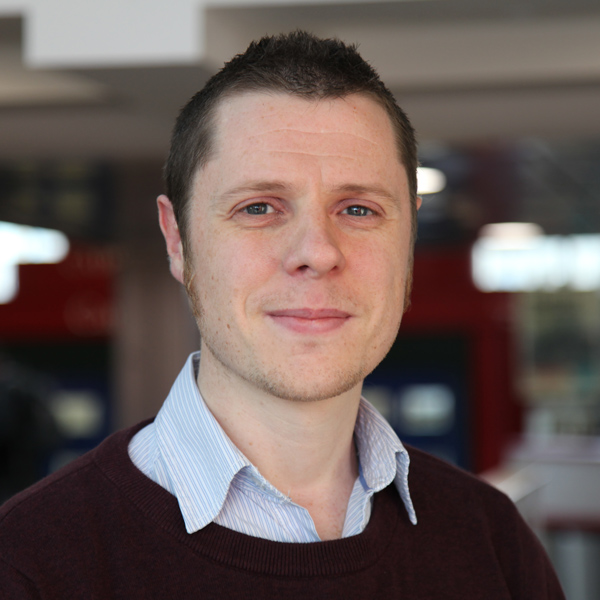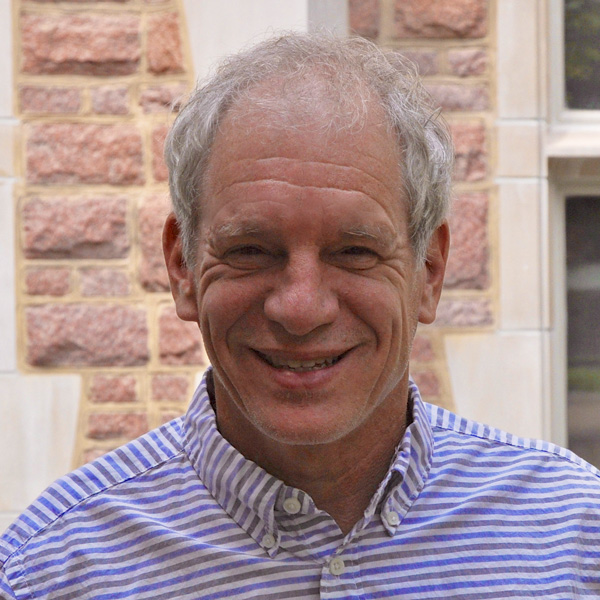
Sarah Cottingham
Ambition Institute
Associate Dean at Ambition Institute
With 10 years experience in education, I currently oversee the development of the specialist NPQ programmes at Ambition Institute. Our focus is developing an ambitious, evidence-led suite of programmes that supports leaders and aspiring leaders to build the mental models they need to be highly effective and confident leaders.
I completed an MA in Educational Neuroscience with a focus on memory. I work with schools and businesses on the learning and development of their staff, harnessing evidence-based best practice from psychology and neuroscience.

Dr Tom Perry
University of Warwick
Assistant Professor, University of Warwick – Department of Education Studies.
Dr Perry’s research and teaching are focused on the use of research and evidence to improve education policy and practice. He has specialist methodological expertise in research synthesis and review; quantitative methods and secondary data analysis; evaluation, enquiry, improvement; and knowledge mobilisation, exchange and use. Substantive topics of particular interest featuring in his research include: structural reform, inequalities, accountability, teacher training and development, and teacher evaluation.
Research led by Dr Perry has been cited widely and internationally, including by UNESCO, a UK Parliament Briefing, the Young Lives International Study, FFT Education Datalab and Education Endowment Foundation newsletters, blogs, and a podcast. His work has featured in national news media, including the Times Educational Supplement: SchoolsWeek and BBC Radio 4.
A notable recent publication was the Education Endowment Foundation’s Cognitive Science in the Classroom Review. The report investigated approaches to teaching and learning inspired by cognitive science that are commonly used in the classroom, focusing on acquiring and retaining knowledge. Notably, the review highlights the issues and uncertainties with applied evidence and why the translation and application are complex. This translation from theory to practice that Dr Perry is looking at unpacking through his involvement in the open-access A Learner’s Toolkit research. In particular, the rollout of the Toolkit across various contexts and schools will help identify, unpack, and circumvent the barriers that undermine the translation of theory to practice at the classroom, school and system levels.

Professor Mark McDaniel
Washington University in St Louis
Director of the Center for Integrative Research on Cognition, Learning, and Education (CIRCLE) and Professor of Psychological & Brain Sciences
Professor McDaniel is the principal investigator in the Memory and Complex Learning Laboratory. He has two main research interests: prospective memory and education. McDaniel conducts research in the general area of human learning and memory. His most significant lines of work encompass several areas: prospective memory, encoding processes in enhancing memory, retrieval processes and mnemonic effects of retrieval, functional and intervening concept learning, and aging and memory. One unifying theme in this research is the investigation of factors and processes that lead to memory and learning failures. He has extended his theories and investigations to educationally relevant paradigms in much of this work.
A notable recent publication is from his collaboration with Dr Gil Einstein (Furman University) in developing the Knowledge, Beliefs, Commitment and Planning (KBCP) framework. The KBCP framework is aimed at guiding strategy training to promote students’ successful self-regulation of effective learning strategies. The KBCP framework rests on the assumption that four essential components must be included in any training to support sustained strategy self-regulation: (a) acquiring knowledge about strategies, (b) belief that the strategy works, (c) commitment to using the strategy, and (d) planning of strategy implementation. Integrating the KBCP training framework into the A Learner’s Toolkit program will aid in unpacking what motivates students to persist or change when presented with more efficient and effective strategies. The aim is to present a new understanding of the individual relationship between student disposition and context and their study behaviours and strategies. By understanding this relationship at the secondary schooling level, the field will be better informed on proactively training students to be lifelong learners. It aims to equip them with those behaviours and strategies that will allow them to be more resilient through those periods of academic difficulty and circumvent those incidences of failure that contribute to them leaving their educational path.


